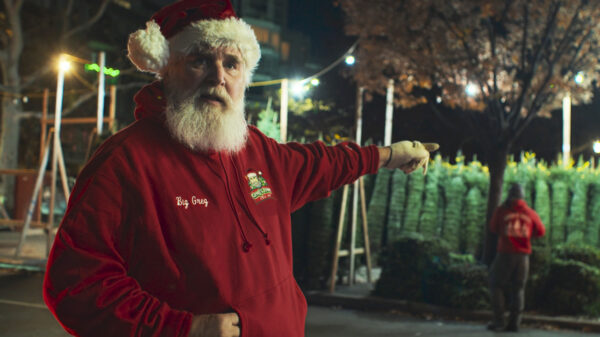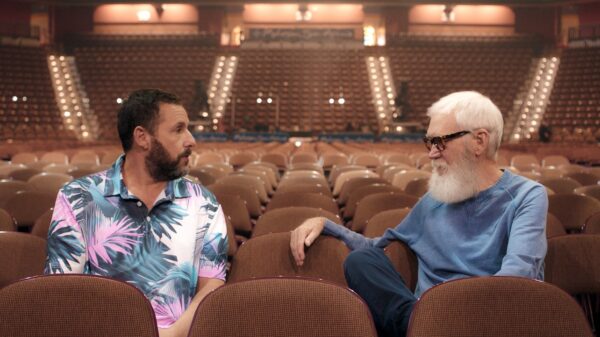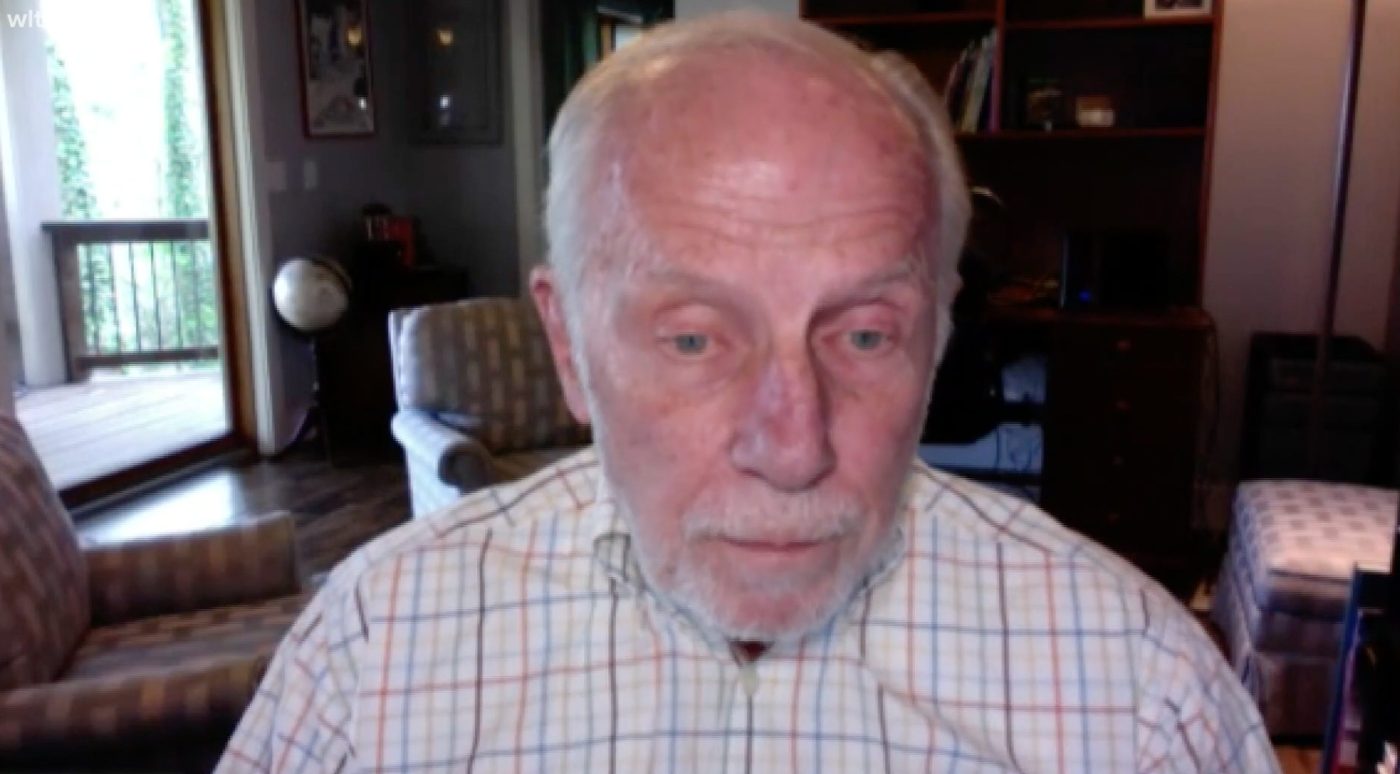Charles Bierbauer, a distinguished former political correspondent for CNN, passed away at the age of 83. The cable news network confirmed his death on Sunday, stating that he had been a prominent figure in political journalism and served as president of the White House Correspondents Association during his career.
Bierbauer dedicated over two decades to covering Washington, D.C., before departing CNN in 2001. He transitioned to academia, becoming the inaugural dean of the University of South Carolina’s College of Mass Communications and Information Studies, a position he held from 2002 until 2018.
Legacy and Accomplishments
His legacy includes numerous achievements in journalism and education. Tom Reichert, Bierbauer’s successor at the University of South Carolina, praised him for his contributions to fundraising and for mentoring students who later won Pulitzer Prizes. “He is fondly remembered for many achievements,” Reichert noted.
Bierbauer’s reporting earned him recognition, including the 1973 Overseas Press Club Award for his coverage of the Yom Kippur War in the Middle East. His storied career began in local radio before he joined The Associated Press in Pittsburgh. Following four years at ABC News, he made the move to cable news, where he left a significant mark.
Reflections and Personal Life
Following his retirement, Bierbauer settled in Spruce Pine, North Carolina. He died on Friday from unspecified causes, according to the university. His family described him as having a “generous heart” and stated that he lived a good, long life. He is survived by his wife, veteran AP military affairs reporter Susanne Schafer, whom he married in April 1983, along with their four children and seven grandchildren.
His former colleague, CNN veteran Wolf Blitzer, expressed deep sorrow at Bierbauer’s passing, calling him an inspirational figure in journalism. “He was a good friend, colleague, and mentor, and I will certainly miss him,” Blitzer said.
Bierbauer’s extensive coverage included the Pentagon, the White House, and the U.S. Supreme Court. In 2022, reflecting on Russia’s invasion of Ukraine, he wrote an article for the University of South Carolina, recalling his experiences reporting from Moscow. “To file a story from Moscow, I could first send my script by telex from a punched paper tape,” he shared. “I needed to book an international phone call hours in advance to transmit my narration. The iPhone had not yet been invented.”
He expressed concern for current reporters in Ukraine, recognizing the risks they take to illuminate the hardships faced by civilians in conflict zones. “One reason journalists take the risks is to put the lie to the terror visited on the people who always bear the brunt of war’s death and devastation,” Bierbauer wrote.
With a career spanning several decades and a profound impact on both journalism and education, Charles Bierbauer will be remembered for his unwavering dedication to truth and storytelling.






































































